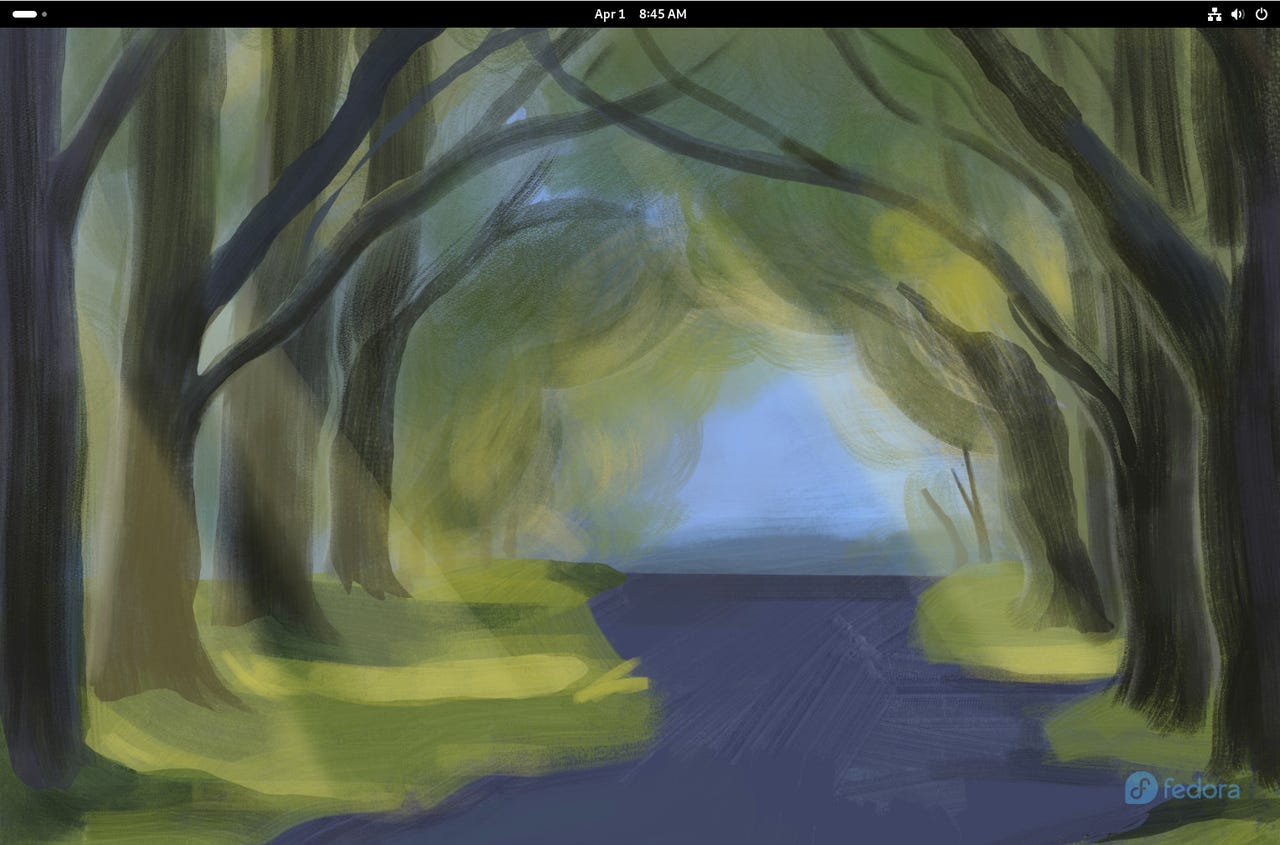
The Fedora team has unleashed its latest version of the desktop Linux distribution and this time around there are even more spins available to try.
What is a “spin”? Essentially, it’s a different take on the original.
Also: AlmaLinux 9.4 beta is out: 4 reasons to consider it for your desktop
Consider this: Fedora defaults to the GNOME desktop but not everyone wants to use that particular environment. Or maybe you have a particular need to fill with your desktop operating system. With Fedora, you’ll find over 20 different versions, some of which use a different desktop environment, whereas some are created for a specific purpose.
The official spins for Fedora 40 are:
- Astronomy Spin – for astronomy amateurs and professionals
- Budgie Spin – uses the Budgie desktop
- Cinnamon Spin – uses the Cinnamon desktop
- Comp Neuro Lab – for working in computational neuroscience
- Design Suite – for publishing, image creation, 3D content, and more
- Fedora Jam – an audio creation spin
- Games Spin – a showcase for the best games available to Fedora.
- i3 Spin – uses the i3 tiling window manager
- KDE – use the KDE Plasma desktop
- Kinoite – an rpm-ostree sprint based on LXDE
- MATE-Compiz Spin – uses the MATE desktop with he addition of Compiz compositor
- Mobility Phosh Image – Wayland shell for mobile devices
- Python Classroom Lab – for teachers and instructors to use Fedora within a classroom setting
- QA Test Day Spin – provides a model kickstart file for organizing Test Days
- Robotics Spin – provides robotics-related packages
- Fedora Scientific – includes a generic toolset for scientific research
- Security Spin – for security auditing, forensics, system rescue, and more
- Sugar on a Stick Spin – for children
- Sway Spin – uses the Sway tiling Wayland compositor
- Xfce Spin – uses the Xfce desktop
- LXQt Spin – uses the LXQt desktop
You can read more about these spins here.
With Fedora 40 comes GNOME 46, which doesn’t really make any major changes to the desktop environment but does add quite a bit of polish to the file manager app and notifications. The biggest change for GNOME 46 is in performance. This might be the fastest version of GNOME ever released, which really stands out on Fedora 40.
I covered this previously, when I stated that Fedora 40 might be the fastest operating system I’ve ever tested. So, if you’re looking for serious speed and you don’t want to go with a lightweight desktop, Fedora 40 will not disappoint.
Also: The first 5 Linux commands every new user should learn
Another nice addition is the IPv4 Address Conflict mitigation. This feature sends out ARP probes for each IP address it wants to use. If another host replies that an address is already in use, that address then cannot be configured for the machine.
Of course, there are also the usual app updates, including Linux kernel 6.8.
You can read more about Fedora 40 in this official post from Fedora Magazine and download the official release from the Fedora website.

